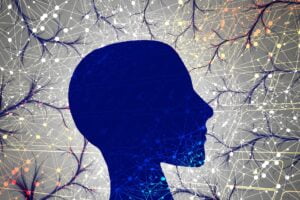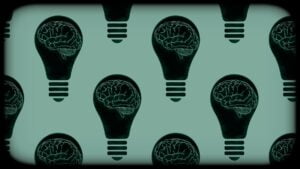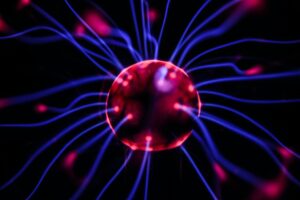“A new study, published in JAMA Psychiatry, found that transcranial magnetic stimulation (TMS) was no better than placebo for treatment-resistant depression in a population of veterans. The research was led by Jerome A. Yesavage, MD, at Stanford University, and included the VA Cooperative Studies Program Study Team.
39% of the participants improved so much that they were considered to have remitted from their symptoms—but this was true of both the veterans who received TMS as well as those who received the placebo. There was no difference in remission rates between the two groups.
The study participants were 164 veterans, mostly men, with treatment-resistant depression (defined as no significant improvement after two previous trials of antidepressant medication). Many also had post-traumatic stress disorder (PTSD) and substance abuse problems.
The participants were separated into two groups—the “active treatment” group, which received repetitive transcranial magnetic stimulation (TMS); and the control group, who received a placebo known as “sham stimulation.” In “sham stimulation,” the participants are hooked up to the same machine and told they are receiving active TMS, but are actually not receiving any magnetic stimulation. The study was double-blinded, meaning that medical staff were also unaware of whether the participant was receiving active TMS or “sham.”
Read the full article: https://bit.ly/39WGQ96




